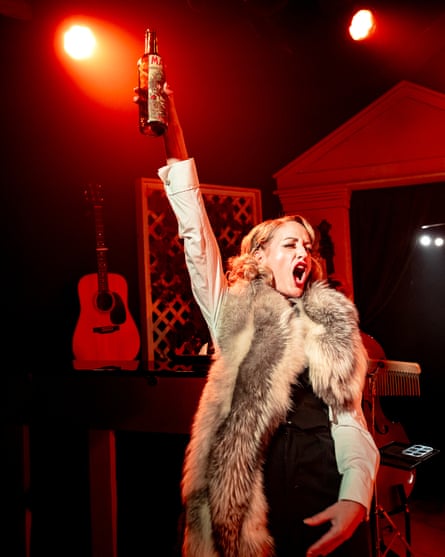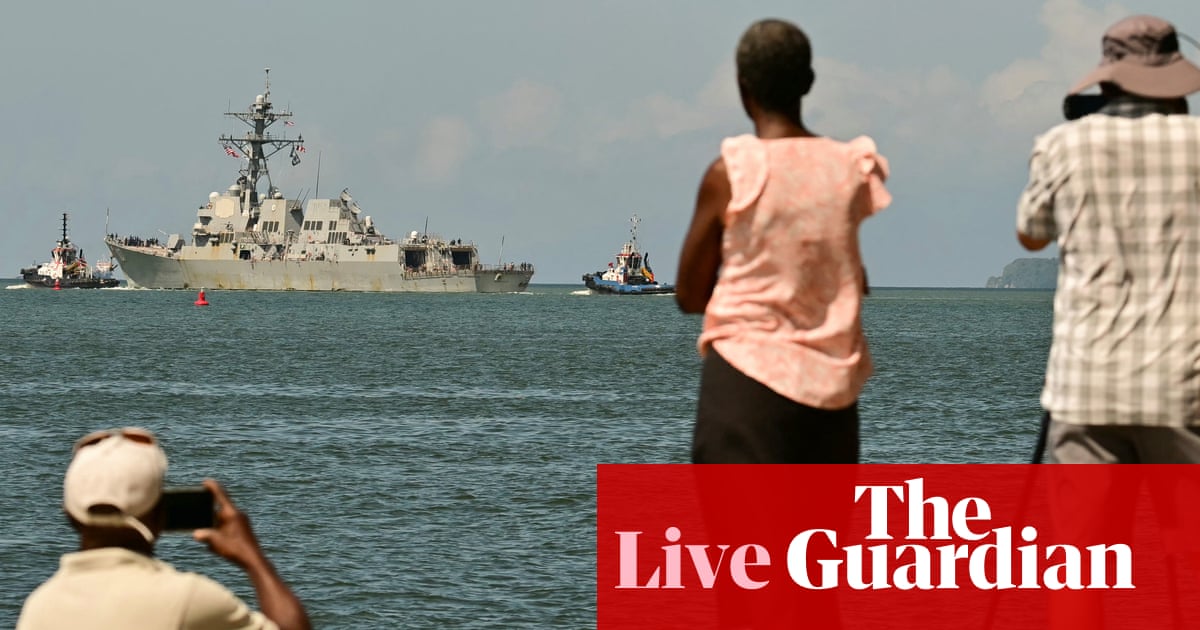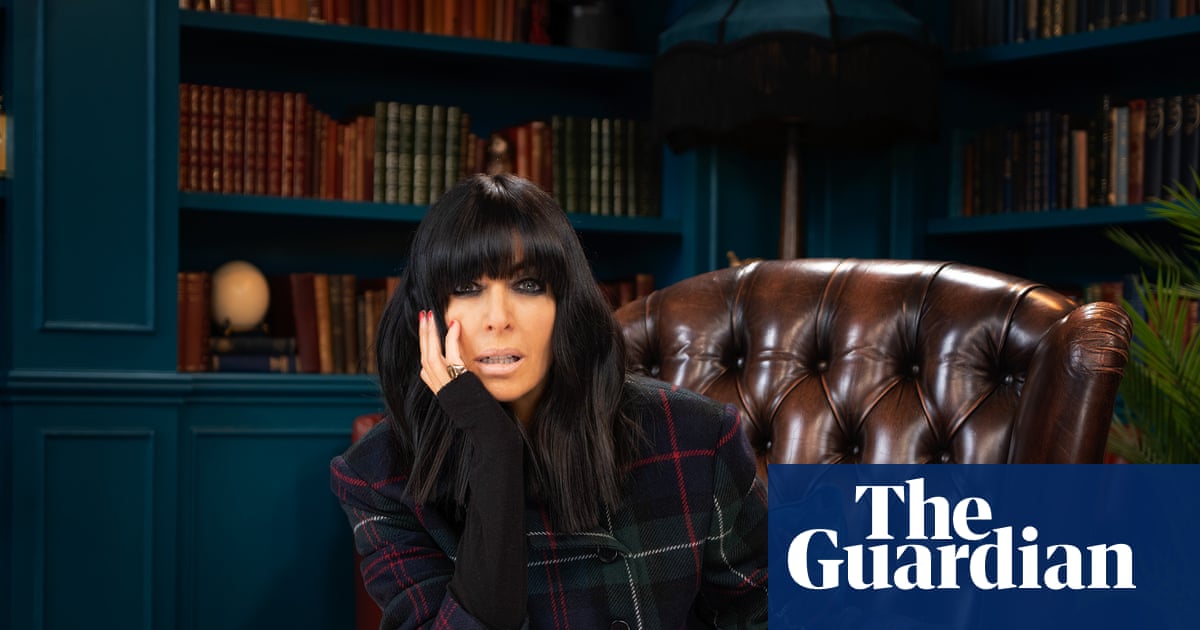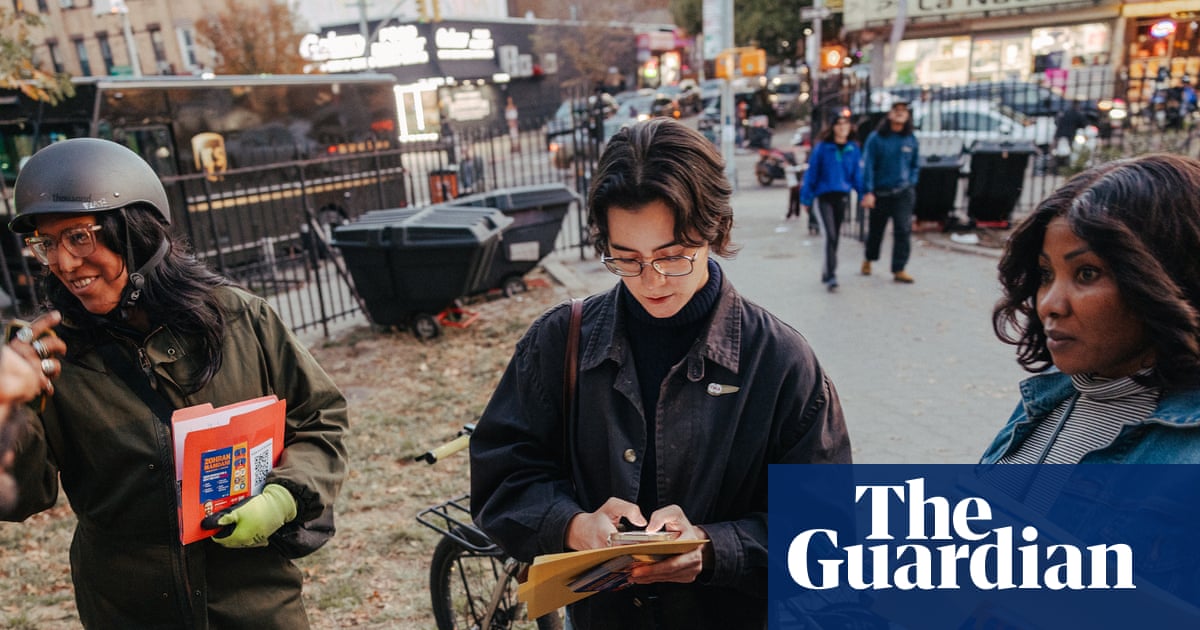Compton Mackenzie’s lesbian novel was published in the same year as two other canonical queer tomes that eclipsed it: Virginia Woolf’s Orlando and Radclyffe Hall’s The Well of Loneliness.
Here, it is adapted into an arch musical comedy by Sarah Travis (score) and Richard Stirling (lyrics). It feels befitting of Mackenzie’s rather madcap interwar story featuring a Bloomsbury-style group of lesbians on the fictional island of Sirene.
Under the nifty direction of Paul Foster, we follow their romantic shenanigans, sparked by the seductive central figure of Rosalba (Amy Ellen Richardson, magnetic), a Swiss Italian aristocrat – and inveterate womaniser.
There is the British writer, Aurora (Caroline Sheen), who is Rosalba’s longsuffering lover, alongside experimental French singer Cleo (Sophie Louise Dann, very funny), who is in a relationship with Russian Olga (Monique Young), but might secretly be seeing Rosalba.

She, in turn, sends romantic signals to anyone within reach, including wealthy American composer Olimpia (Amira Matthews) and young Lulu (Jasmine Kerr), who has been banished to this island after falling for a man beneath her station.
More love interests keep developing, it seems, and you slightly lose track, but that is the point: this group is so bohemian that it just likes to bed-hop.
Overseeing the love-struck and lovelorn are ancient Greek goddess-like figures, including Sappho, who offer slightly laboured commentary on the mortal intrigues.
But on the whole it is silly, entertaining and excellently performed. There is live music and songs which range from romantic whimsy to satirising the avant garde, while the art deco costumes by Carla Joy Evans bear a detailed fidelity to the era.
An adaptation of Orlando was staged in this venue recently and this feels in keeping with that bohemian vibe. But it is a less serious work, tongue firmly in its cheek, with actors playing two parts and quick costume changes conjuring sense of chaotic mischief.
What really makes it is the cast; Richardson has more than a touch of Marlene Dietrich in her swagger and rakishness. Dann is brilliantly OTT as Cleo while Jack Butterworth single-handedly plays all the male parts, from a Scottish waiter wounded in the Great War to a foppish friend and an errant fiance.
None of it quite has a point, its radicalism no doubt more potent in 1928 when the book was published. Still, it is certainly worth a revival in this comic vein for the sheer fun of it.

 3 months ago
85
3 months ago
85

















































